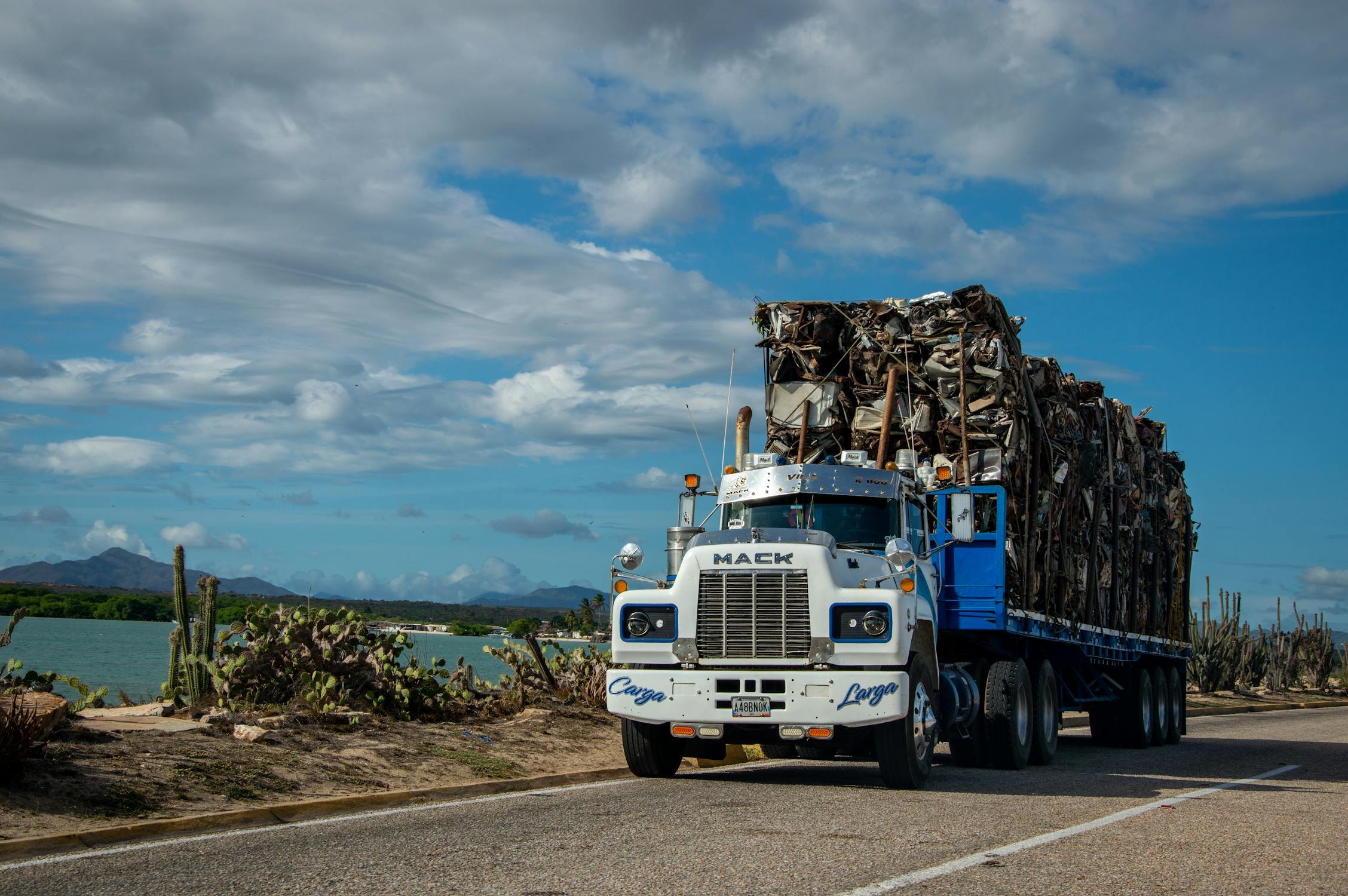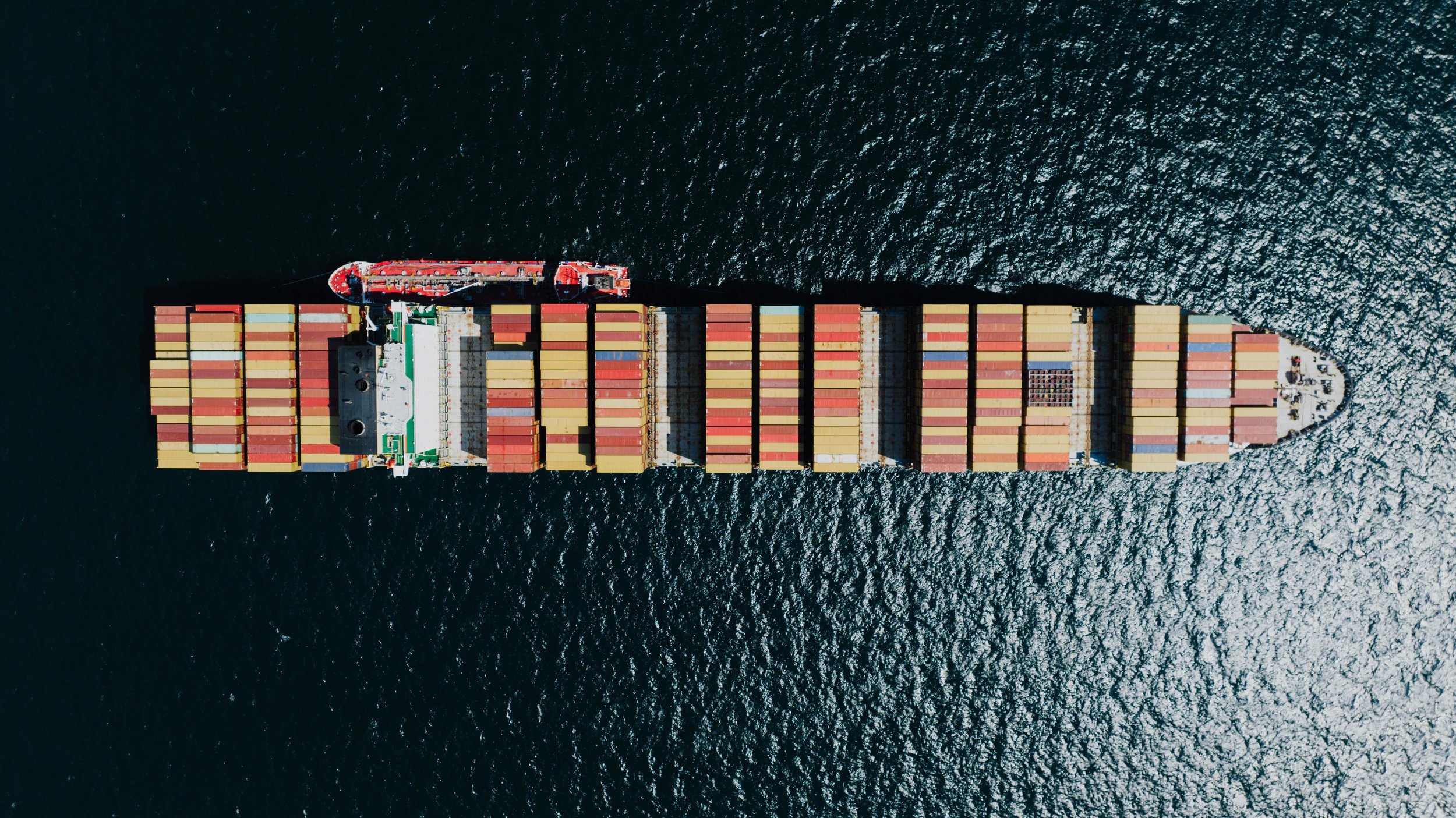
Truck and Freight Transportation in Japan — A Vital and Evolving Industry
Truck and freight transportation is a critical component of Japan’s logistics infrastructure, enabling the smooth movement of goods across the nation and playing a key role in supporting the country’s economy and global trade. This industry is both complex and rapidly evolving, driven by technological advancements, regulatory pressures, and shifting economic needs.
Key Characteristics of Japan’s Trucking Industry
Japan’s logistics infrastructure is characterised by its:
Efficiency
Japan boasts a highly efficient road and logistics infrastructure, ensuring timely and reliable delivery of goods across the country.
Technological Advancements
The integration of GPS tracking, telematics, and emerging autonomous vehicle technologies is enhancing both safety and efficiency.
Diversity of Services
The industry accommodates a wide range of transportation needs, including general cargo, specialized goods, and hazardous materials.
Strict Regulations
The sector operates under strict regulatory oversight, ensuring safety, environmental sustainability, and fair competition.
Below are the types of truck transportation commonly used in Japan.
General Cargo: Standard goods transported in regular trucks.
Specialized Cargo: Includes refrigerated goods, hazardous materials, and oversized loads that require special equipment or handling.
Container Transport: Involves moving standardized shipping containers, often as part of multimodal transport systems that combine road, rail, and sea transportation.
Key Challenges Facing the Industry
Truck and freight transportation is indispensable to Japan’s manufacturing, retail, and distribution sectors. It enables goods to be delivered on time to businesses and consumers throughout the country, while also serving as a crucial link in the global supply chain.
Below are some of the key challenges faced by the industry
Traffic Congestion and Aging Infrastructure
Particularly in urban areas, congestion affects delivery schedules and overall efficiency. There is also a need to modernize Japan’s road networks to accommodate the growing volume of traffic and support the adoption of advanced logistics technologies.
Driver Shortages
The industry faces a significant shortage of truck drivers, driven by an aging workforce and fewer young people entering the profession. Due to high labor costs and a declining workforce, companies are focusing on improving working conditions, increasing pay, and offering better training to attract new drivers.
Sustainability Concerns
There is growing pressure to adopt more sustainable practices, including the use of electric and hybrid trucks and renewable fuels.
Automation
Autonomous driving technologies are being developed to address labor shortages and improve safety.
Collaborative Efforts for Future Growth
The trucking and freight industry in Japan is undergoing significant changes as it adapts to both global and local challenges
Increased Automation and Robotics
The use of AI, robotics, and automated systems is expected to reduce reliance on human labor, particularly for tasks like loading and unloading.
Electric and Autonomous Vehicles
Japan is a global leader in the development of electric trucks and autonomous driving technologies, aimed at reducing environmental impact and improving efficiency.
Data-Driven Efficiency
Telematics and data analytics are playing an increasingly important role in optimizing routes, monitoring vehicle performance, and improving overall logistics management.
Key Takeaways
A Diverse and Dynamic Sector: Japan’s trucking industry caters to a variety of transportation needs and supports numerous key sectors, including manufacturing, retail, and international trade.
Facing Challenges Head-On: The industry is actively working to overcome issues like driver shortages, high labor costs, and urban congestion through technological and operational advancements.
A Focus on Innovation: The future of Japan’s truck and freight transportation lies in its ability to adopt cutting-edge technologies, streamline operations, and focus on sustainability.
Japan’s trucking industry, while facing challenges, remains a vital part of its logistics network and economy. Its continued commitment to quality, efficiency, and technological innovation ensures that it will remain a key player in the country’s economic growth and global competitiveness.

Would you like some expert advice on truck and freight transport?
Contact us today to learn how our Truck and Freight Transportation Services can help you streamline your logistics operations and grow your business.










